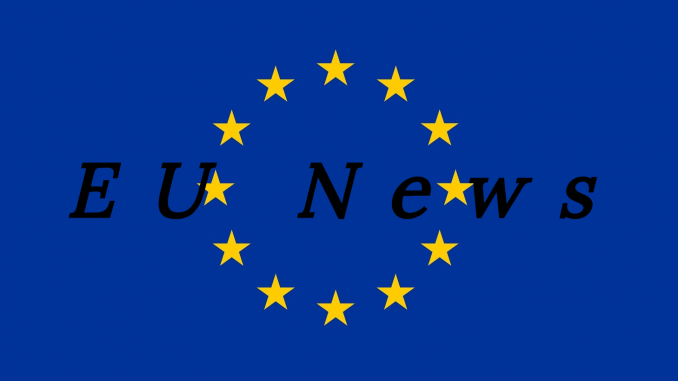
The final version of the updated Copyright Directive has been approved by the European Council.
Artículo disponible en Español | Article disponible en Français
After an extremely heated debate that lasted months, debate centred especially around Article 11 (now 15) and Article 13 (now 17) of the Copyright Directive, the last stage of the process to approve said Directive is done. This past 15th of April, a few weeks after the European Parliament approved the Directive, the European Council has given the greenlight to the final version. The last step is publishing the Directive in the official Journal of the European Union. From that point, European Union member states will have 2 years (24 months) to adapt the updated Directive into their national legislation, meaning we should start seeing its effects around 2021-2022.
This also gives around two years to companies to start preparing for the new rules, although seeing how, one year after the application of GDPR (EU’s General Data Protection Regulation), some companies are still struggling to update their services to comply with the legislation, we can expect a similar mess to take place.
In this case, the main complaint from large platforms (led by GAFA, being Google, Amazon, Facebook and Apple) is that now the platforms have the legal responsibility on what content is uploaded, while before the approval of the new rules, these platforms allowed users to upload any content, with eventual copyright claims/disputes going directly to the user/uploader. Platforms will now have to make sure the user has a valid license when uploading content, except in a series of exemptions, such as quotation, criticism, review, etc. These exemptions already existed in the past in some countries, although this new Directive makes it mandatory to respect such exemptions.
While large platforms might be able to cope with the new rules, this puts a burden on small, new companies that just launched. To protect them and avoid discouraging innovation, exemptions have been created. New companies will benefit from a lighter regime, in the event users post content without a valid license. This lighter regime will be applied to companies which have less than 3 years of existence inside the European Union, have a turnover of less than 10 million euros and receive less than 5 million monthly user visits.
The full press release from the European Council is available here, including the final text of the Copyright Directive.
More on this subject:
- No, Article 11 and Article 13 of the updated Copyright Directive have not yet passed (8/04/2019)
- The EU decides to reduce VAT on digital publications (5/10/2018)
- European Commission’s “Horizon Europe” proposal (10/06/2018)
- The European Commission proposes to double Erasmus budget (4/06/2018)
- EU’s new privacy regulation (31/03/2018)

